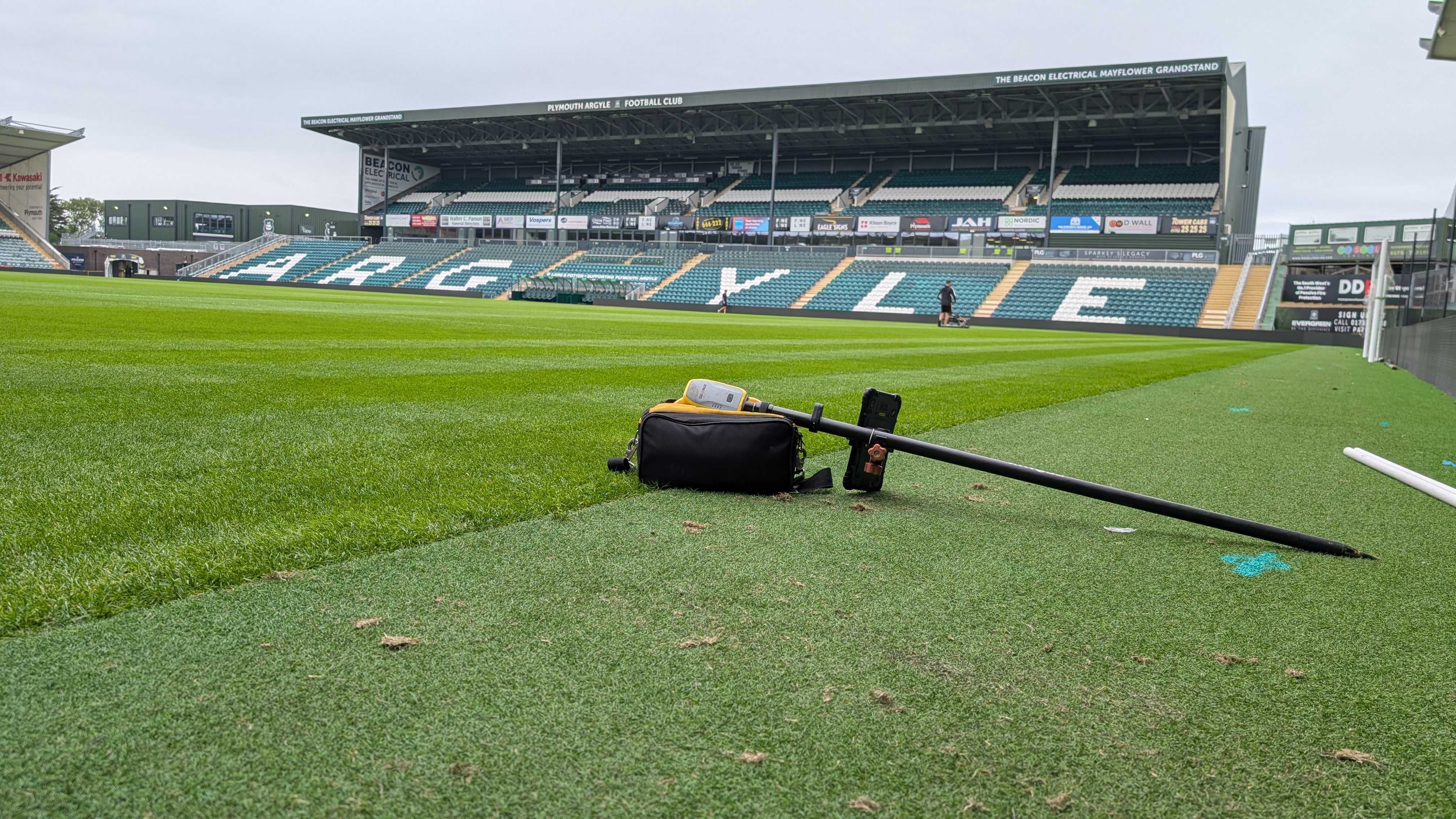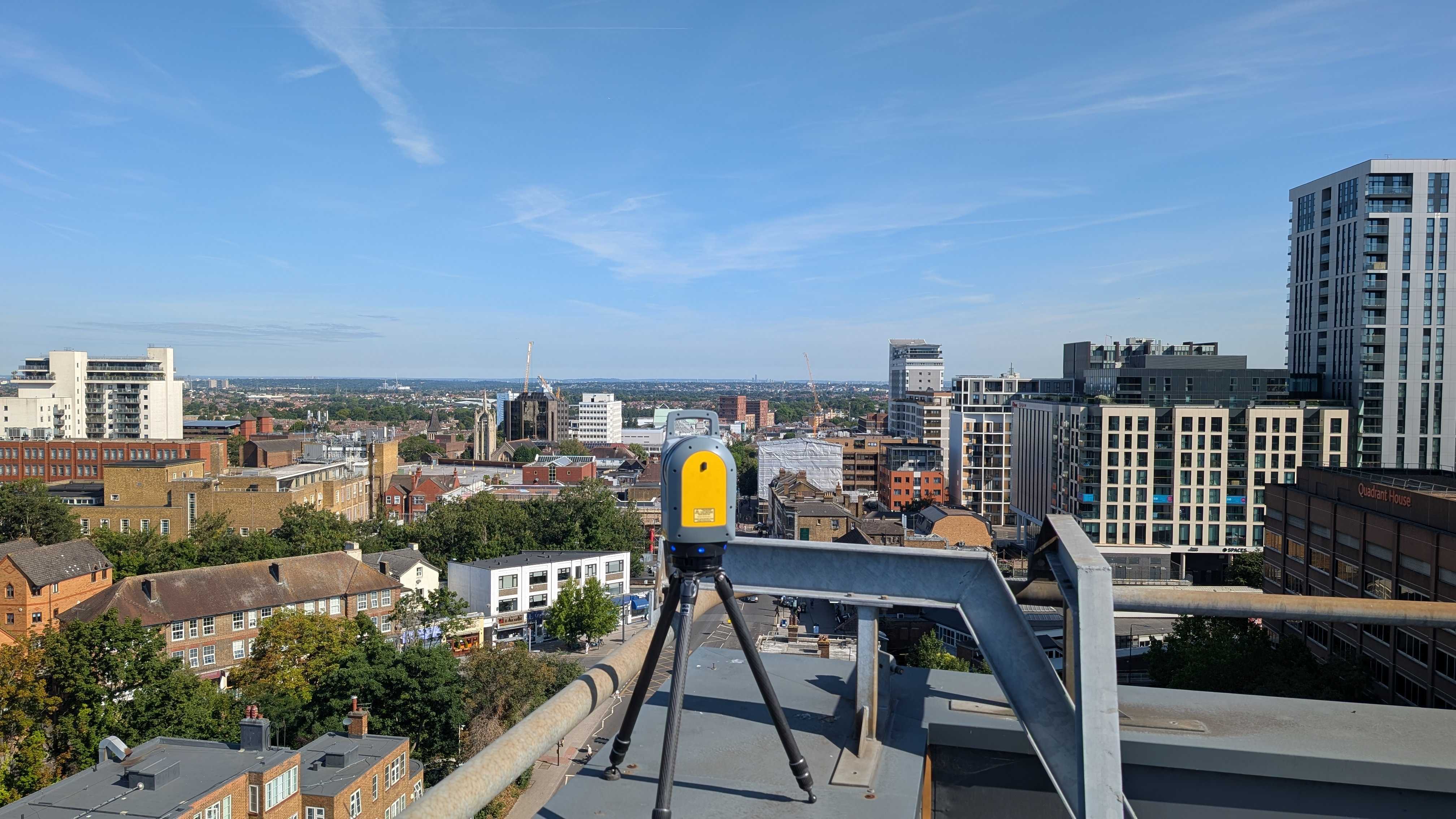Two questions we get asked a lot here at Intersect Surveys, are what is a utility survey? And what am I spending my budget on?
If you’re managing a construction project, safety is probably right up there on your list of priorities. And before any construction work takes place, you first need to check that your site is safe to build on, which is why an understanding of utility surveys is so crucial.
So in this post, we present a high-level overview so you know exactly what a utility survey is and why they’re so important to the safety of your project.
Read on…
Utility Surveys: What Are They?
Utility Surveys are often known as ‘Underground Surveys’. Both terms are used interchangeably. These surveys check below the ground to locate water, power, fibre optics, drainage, sewage, gas and telecommunications beneath the area you need surveying. These surveys, when done by a professional such as us at Intersect Surveys, are actioned against the PAS128 methodology for delivering surveys in the UK.
In the event of any of the above being interfered with or damaged, you could risk being faced with increased cost, project delays, damage to third-party assets and, at worst, compromising the safety of the public and workers.
Why Accuracy Is Important With Underground Utilities
Nowadays, space is at a premium. Therefore, there is often limited space for construction, increasing the demand for developers to design effectively.
An effective underground utility survey allows you to maximise the total land space you’re building on, without worrying about damaging or interfering with third-party assets.
What Equipment is Needed with Utility Surveys?
Every foundation is different. Things like soil type will dictate the penetration of radio waves, so every survey differs depending on location.
However, there are three essential pieces of equipment to note:
- Ground Penetrating Radar (GPR)
- Radio Frequency Cable Avoidance
- Signal Generator Tools
Do You Need Support With Your Utility Survey?
This is a high-level overview to present information at a basic level.
To find out more, we’re always on hand to help.
Simply pick up the phone and speak to an expert using our contact details.








